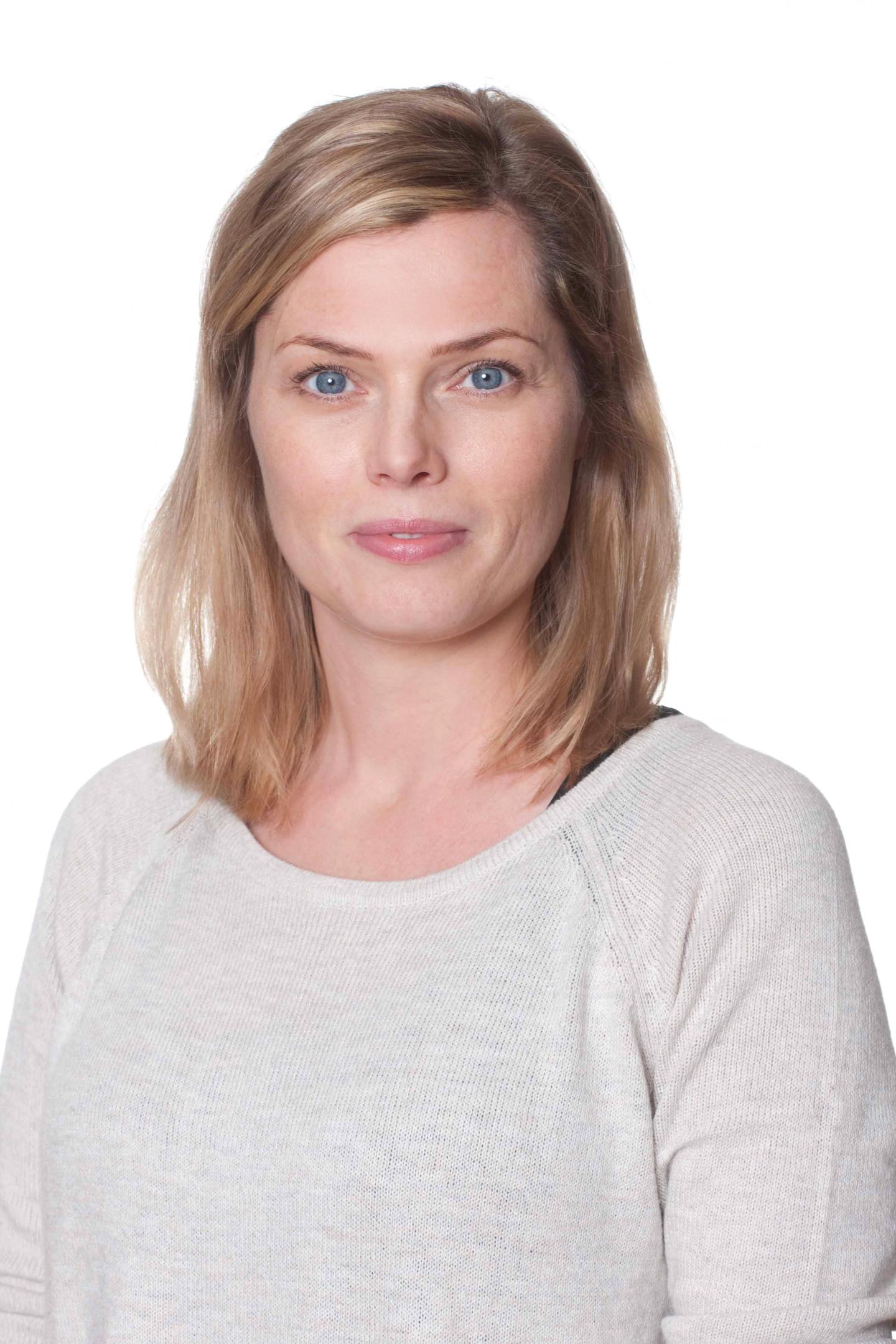
Credit: Portrait: Cecilia Hedström
A method to more accurately test anti-cancer drugs has now been developed at the Sahlgrenska Academy, University of Gothenburg. The method paves the way to much earlier assessment of who benefits from a specific drug and who does not.
"It is common for cancer patients to be prescribed drugs that fail to help them, often with side effects. But, we have shown that this method can be used as early as in the drug development phase to determine which patient groups will benefit from the drug," says Berglind Osk Einarsdottir, a researcher at Sahlgrenska Cancer Center.
The method for identifying whether cancer patients will benefit from a specific treatment is based on taking biopsies of the tumors during surgery – small tissue samples that are processed and implanted under the skin of a number of mice.
In her research, Berglind Osk Einarsdottir follows the tumors growth in the animal models, and tests how they respond to different cancer drugs. The experiments take anywhere from a few weeks to few months, depending on the growth rate of the tumors.
Better prediction
"This is not a method that is currently used in Swedish healthcare, but we chose to perform experiments to show that it works and can be used in the future if needed," says Berglind Osk Einarsdottir.
She feels the potential really lies in the reverse application, where the same drug is tested on mice implanted with tumor tissue from many different patients. One of her substudies involves this very notion, namely how 33 patients responded to the anticancer agent Karonudib, which was recently developed at Karolinska Institutet.
The experiments showed that two-thirds of the patient samples responded to the treatment. The question was, what did they have in common – similar DNA, metabolism, protein expression or something else? Such knowledge would make it possible to better predict in which patients a drug will really inhibit tumor growth and help kill cancer cells.
For drug development
"It turned out that it didn't matter what mutations were found in the tissues. What we did see was a possible way that the tumors could become resistant to the treatment. Some samples had a high expression of a protein that helps the cells repel the drug, and that was what we found – a potential mechanism for resistance."
"You can use the method in patient oriented way, where the aim is to identify which anti-cancer drug will benefit a specific patient the best. Or in a drug development oriented way, where the aim is to identify which subgroup of patients will benefit the most from a specific anti-cancer drug. It is here that we think the greatest opportunities exist," she says.
###
Link to thesis: https://gupea.ub.gu.se/handle/2077/51878
Head researcher: Berglind Osk Einarsdottir +46 (0)723 503 733; [email protected]
Press contact: Anna von Porat +46 (0)766 186 146; [email protected]
Media Contact
Berglind Osk Einarsdottir
[email protected]
46-072-350-3733
@uniofgothenburg
http://www.gu.se/english
Original Source
http://sahlgrenska.gu.se/english/research/news-events/news-article//improved-accuracy-when-testing-cancer-drugs.cid1472499
############
Story Source: Materials provided by Scienmag





